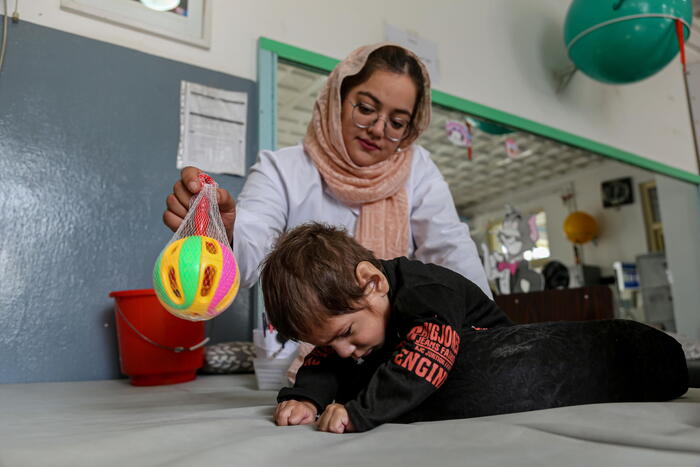“Women are the backbone of the care economy, comprising 67% of the global health and social care workforce and carrying out 76% of unpaid care work.”
This is what emerges from a WHO report dedicated to gender inequalities in healthcare work published today.
The report ("Fair share for health and care: gender and the undervaluation of health and care work") shows how gender inequalities in health work have a negative impact not only on women themselves, but also on health systems.
According to the document, on average women employed in the healthcare sector are paid 24% lower than men.
The gap widens further if the woman is a mother or belongs to minorities.
“Wage gaps in the sector are not explained by differences in productivity, job-specific skills or time investment.”
The pay gap between men and women is also present in those occupations, such as nursing, where women constitute the majority.
Women also tend to be more frequently victims of discrimination, harassment and violence.
In particular, according to the report "women working in feminised health and care professions such as nursing and midwifery are disproportionately subject to sexual discrimination and harassment at work".
Furthermore, especially after the pandemic, the share of unpaid work carried out by women is growing.
“Investments in gender equity in health and healthcare work would change the value of health and care and lead to more equitable and inclusive economies,” said Jim Campbell, Director of WHO's Health Workforce Department.
Reproduction reserved © Copyright ANSA

